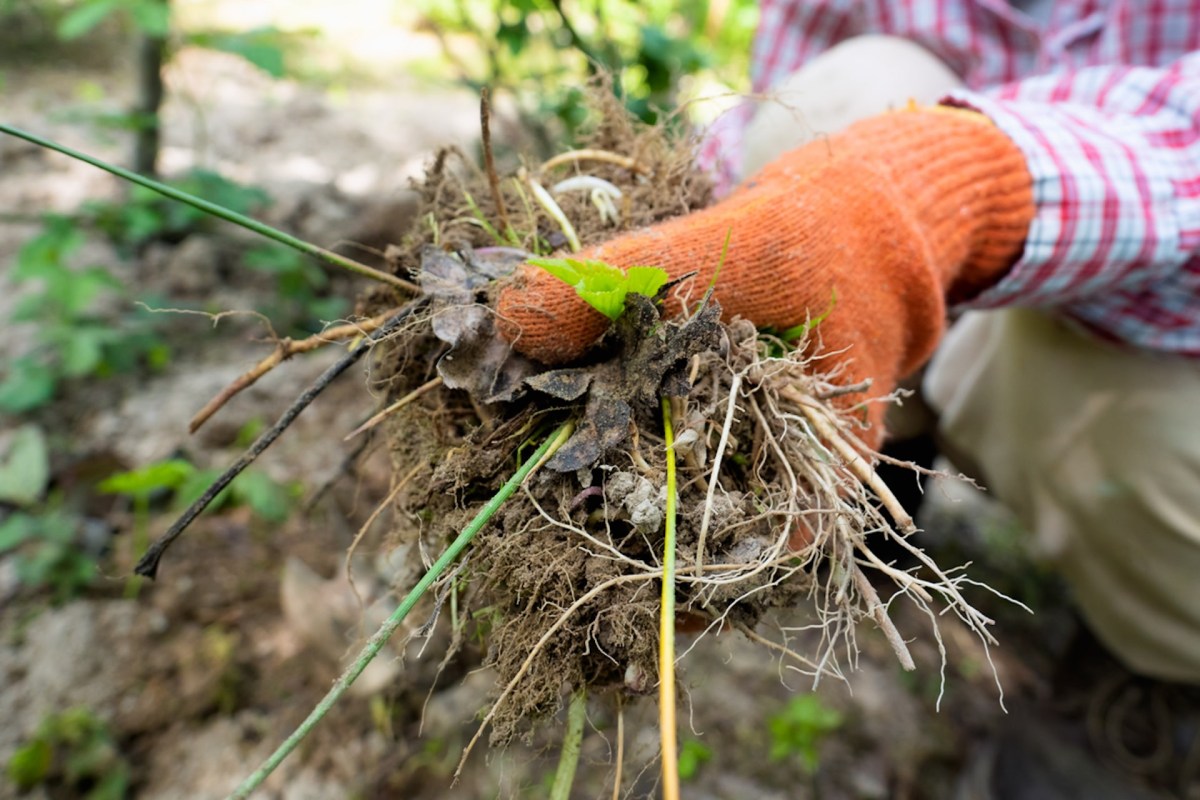Gardening comes with a lot of lessons, and sometimes, the only way to learn is the hard way. If this sounds familiar, don't worry — you're not alone.
One gardener from Nebraska went to the r/NativePlantGardening subreddit seeking advice for their yard.
The Redditor planted Shasta daisy and said they have been hand-pulling them out ever since.
"To my horror I have since gotten educated about what a mistake that is," the Redditor wrote, captioning the post with "rookie mistake."
Invasive and non-native imported plants are a common problem with gardening. Rewilding with native plants, on the other hand, not only makes gardening easier but is also extremely beneficial to the ecosystem and human survival.
Native plants help attract pollinators. Bees pollinate approximately 35% of food crops consumed by humans and 80% of all flowering plants.
The native lawn movement is a trend that provides food and shelter for local pollinators and wildlife by replacing manicured grass lawns with native plants and flowers.
These no-lawn yards are also helping homeowners cut down on money and bills, minimizing exposure to harmful chemicals since they require less water, less fertilizer, and zero pesticides to thrive.
Traditional lawns are the most grown crop in the United States. According to the Princeton Student Climate Initiative, they cover more than 40 million acres of land — and they're just for presentation.
Every year across the country, lawns consume nearly three trillion gallons of water and 200 million gallons of gas, according to the Natural Resources Defense Council. Native lawns can reduce water usage over a decade by 1.75 million gallons.
TCD Picks » Quince Spotlight
💡These best-sellers from Quince deliver affordable, sustainable luxury for all
The U.S. Geological Survey reported that each year in the U.S., around one billion pounds of pesticides are used to manage traditional lawns, pests, and weeds. The chemicals in these products are known to cause cancer in humans.
"In my experience they tend to compete well so they probably won't leave without human interference, sorry. But the good news is … if you continue pulling & removing flowerheads before they go to seed you should be fine," assured one Redditor.
"Same here … I don't think it's going to be fine … I planted them this last summer and they got huge … At the end of summer I went to clean up my daisies and … all of a sudden 100 million trilion billion katillion tiny seeds fell from them and onto the ground. They're outside. Waiting. Scheming…" another one empathized.
"Just keep pullin'," a third encouraged.
Join our free newsletter for easy tips to save more, waste less, and help yourself while helping the planet.













